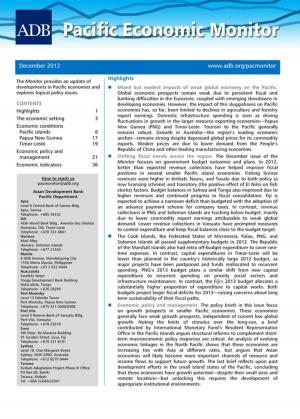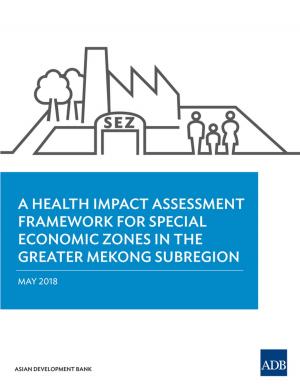Transitions to K–12 Education Systems
Experiences from Five Case Countries
Nonfiction, Reference & Language, Education & Teaching, Educational Theory, Educational Reform, Administration| Author: | Jouko Sarvi, Fredi Munger, Hitendra Pillay | ISBN: | 9789292572570 |
| Publisher: | Asian Development Bank | Publication: | December 1, 2015 |
| Imprint: | Asian Development Bank | Language: | English |
| Author: | Jouko Sarvi, Fredi Munger, Hitendra Pillay |
| ISBN: | 9789292572570 |
| Publisher: | Asian Development Bank |
| Publication: | December 1, 2015 |
| Imprint: | Asian Development Bank |
| Language: | English |
With more than 140 countries currently offering or in transition to a kindergarten through grade 12 (K–12) school education system, this desk study explored the experiences of four countries---Mongolia, Philippines, Poland, and Turkey---and one Canadian province, Ontario, in preparing and implementing K–12 systems. Lessons learned from the five diverse jurisdictions are: (i) align the education system with macro policies, (ii) view transition to K–12 as part of a package of reforms, (iii) prioritize improving student learning, (iv) consider teacher development as critical, (v) avoid high-stakes examinations, and (vi) focus on higher order curriculum and assessments.
With more than 140 countries currently offering or in transition to a kindergarten through grade 12 (K–12) school education system, this desk study explored the experiences of four countries---Mongolia, Philippines, Poland, and Turkey---and one Canadian province, Ontario, in preparing and implementing K–12 systems. Lessons learned from the five diverse jurisdictions are: (i) align the education system with macro policies, (ii) view transition to K–12 as part of a package of reforms, (iii) prioritize improving student learning, (iv) consider teacher development as critical, (v) avoid high-stakes examinations, and (vi) focus on higher order curriculum and assessments.















